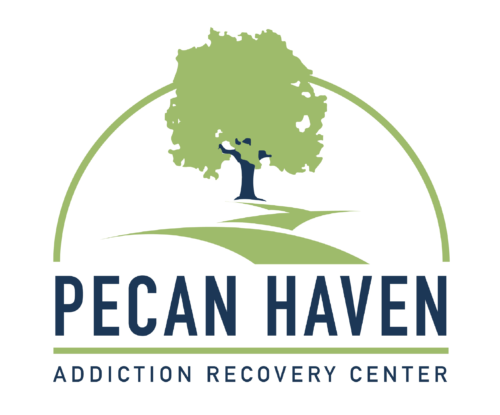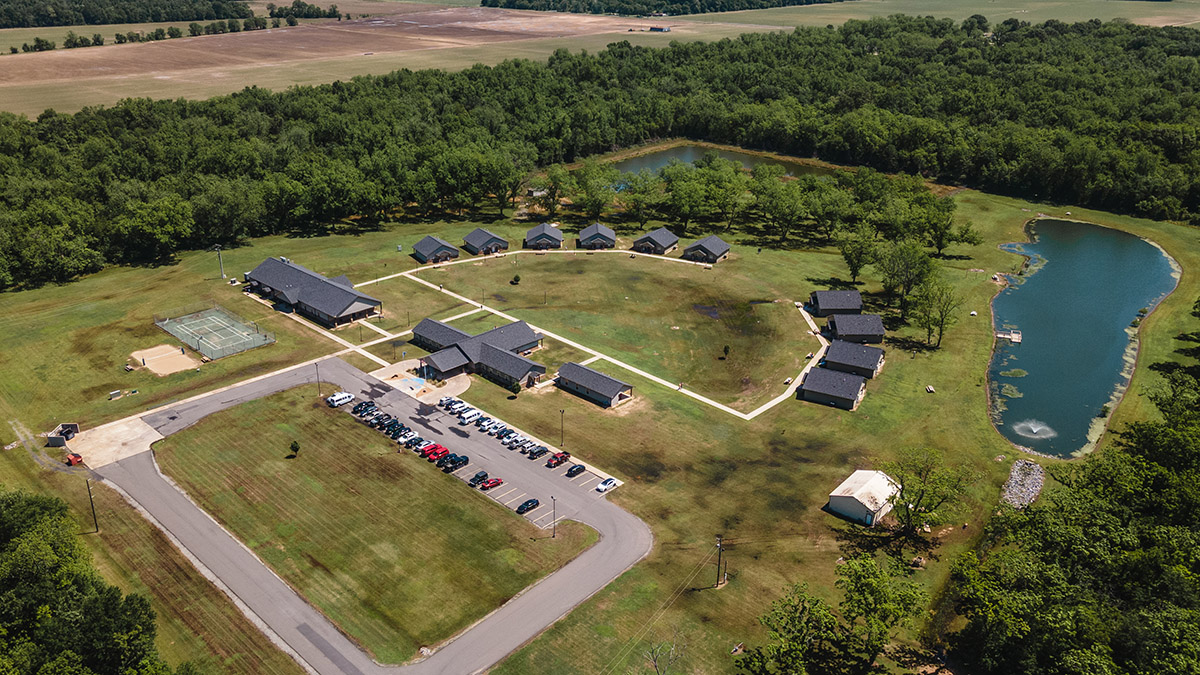Entering residential treatment is a significant step toward recovery, and knowing what to expect can ease any uncertainties. At Pecan Haven Addiction Recovery Center in Monroe, Louisiana, residents experience a structured and supportive environment designed to promote healing from alcohol addiction, drug addiction, and dual diagnosis. Each day in residential treatment follows a well-organized schedule filled with therapy, group activities, wellness practices, and personal reflection, all aimed at helping individuals develop the skills needed for lasting recovery.
Understanding the daily structure of residential treatment can make the transition easier and help individuals prepare for what lies ahead. This guide provides a detailed look into a typical day at Pecan Haven, covering everything from morning routines to evening wind-downs.
Morning Routine: Starting the Day with Structure
A structured morning routine lays the foundation for a productive day in treatment.
Wake-Up and Personal Care
Residents wake up at a set time each morning, reinforcing discipline and routine. Establishing healthy habits, such as making the bed and practicing good hygiene, is encouraged to promote a sense of responsibility and self-care.
Nutritious Breakfast
A well-balanced breakfast is provided, ensuring that residents have the physical and mental energy to engage fully in the day’s treatment activities. Proper nutrition plays a crucial role in recovery, helping to restore physical health and stabilize mood.
Morning Mindfulness and Meditation
Many programs incorporate guided meditation, deep breathing exercises, or mindful stretching to help residents start the day with focus and clarity. These practices are beneficial for stress management and emotional regulation, both essential for long-term recovery.
Morning Therapy and Counseling Sessions
Therapeutic work begins in the morning with various individual and group therapy sessions. These sessions provide residents with the tools they need to heal from addiction and address underlying mental health concerns.
Individual Therapy
Residents meet one-on-one with licensed therapists who help them explore their personal struggles, triggers, and past traumas. Evidence-based approaches like Cognitive Behavioral Therapy (CBT) and Motivational Interviewing (MI) help individuals identify harmful thought patterns and develop healthier coping strategies.
Group Therapy
In group sessions, residents share their experiences and gain support from peers who understand their journey. Group therapy fosters connection, accountability, and the development of healthy communication skills.
Psychoeducation Classes
Residents attend psychoeducation workshops to learn about the science of addiction, the impact of substance abuse on the brain and body, and techniques for preventing relapse. These sessions empower residents with knowledge that aids in recovery.
Midday Activities: Healing Through Community and Skills Development
Midday at Pecan Haven focuses on building life skills, social connections, and physical wellness – all essential aspects of sustainable recovery.
Lunch and Social Interaction
Residents enjoy a nutritious meal while engaging in positive social interactions. Meals provide a valuable opportunity for peer bonding, helping individuals feel supported and connected.
Recreational Therapy
Physical activities such as yoga, fitness training, hiking, or team sports help residents strengthen their bodies, reduce stress, and improve mood. Creative therapies such as art therapy, music therapy, and journaling provide additional outlets for self-expression.
Life Skills Training
Workshops on financial literacy, communication skills, conflict resolution, and job readiness equip residents with the practical tools they need to reintegrate into society successfully. These skills help individuals build independence and confidence in life after treatment.
Afternoon Treatment Sessions and Personal Reflection
The afternoon schedule continues the focus on recovery through specialized treatment sessions.
Family Therapy
For those who have a support system, family therapy sessions help rebuild relationships and establish healthy boundaries. These sessions educate loved ones on addiction and provide them with tools to support their family member’s recovery.
Cognitive and Behavioral Workshops
These workshops focus on changing negative thought patterns, improving decision-making skills, and developing healthy coping mechanisms. Techniques like Dialectical Behavior Therapy (DBT) and Cognitive Processing Therapy (CPT) may be used to address trauma and emotional regulation.
Personal Reflection and Journaling
Residents are encouraged to reflect on their experiences, progress, and personal insights. Journaling is a valuable tool for self-discovery, emotional expression, and tracking recovery milestones.
Evening Routine: Wind Down and Prepare for the Next Day
As the day winds down, residents transition into a more relaxed state in preparation for restful sleep.
Dinner and Peer Discussion
A well-balanced dinner is served, followed by open discussions where residents can reflect on the day’s progress. Support from peers and staff members help residents feel encouraged and motivated.
12-Step or Alternative Recovery Meetings
Many residents participate in 12-step meetings (such as Alcoholics Anonymous or Narcotics Anonymous) or other support groups. These meetings help individuals develop accountability, reinforce sobriety, and find guidance from those who have successfully maintained long-term sobriety.
Leisure and Relaxation
Before bedtime, residents engage in low-stimulation activities like reading, listening to music, or light conversations with peers. These moments of downtime help reduce stress and promote a sense of calm before sleep.
Lights Out and Restorative Sleep
A structured bedtime routine ensures that residents get adequate rest. Quality sleep is vital for physical and mental recovery, helping individuals wake up refreshed and ready to engage in their treatment plan.
Start Your Recovery Journey at Pecan Haven
If you or a loved one is struggling with alcohol addiction, drug addiction, or dual diagnosis, Pecan Haven Addiction Recovery Center provides a structured and supportive residential treatment program designed to help individuals achieve long-term sobriety.
Located in Monroe, Louisiana, Pecan Haven offers:
- Residential treatment programs
- Intensive outpatient programs
- Residual detox programs
- Expert care for alcohol addiction, drug addiction, and dual diagnosis
Call (318) 600-3333 today to speak with a specialist and take the first step toward healing.

